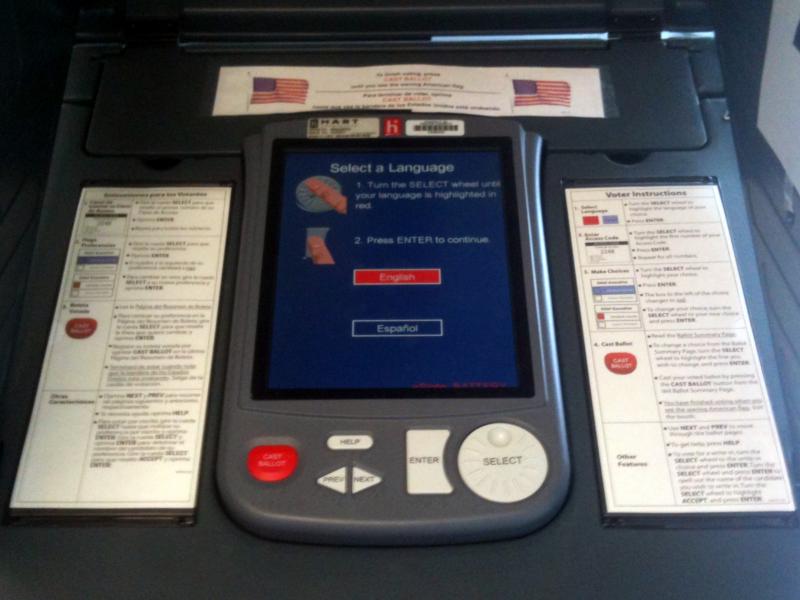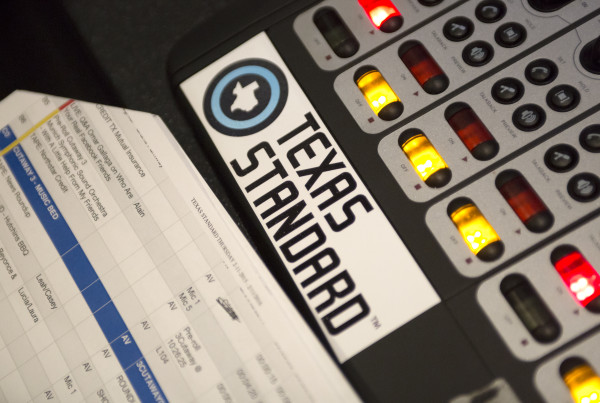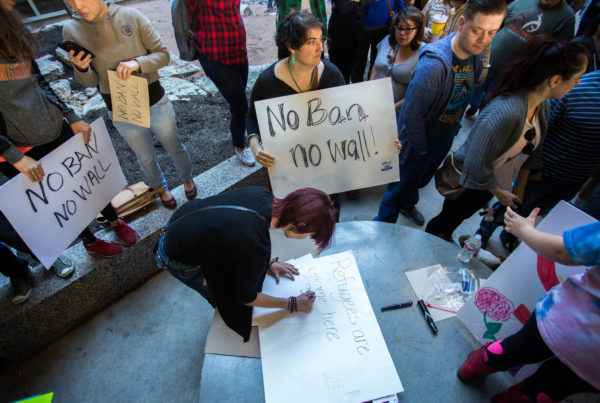Texas is one of only nine states that allow people to vote a straight-party ticket. But this legislative session, a bill with support from some of the state’s most powerful politicians may change that.
For the average voter, this would mean a few extra minutes at the ballot box ticking off each choice individually. According to Ross Ramsey, executive editor and co-founder of the Texas Tribune, a lot more than voter time is at stake in this decision
Ramsey says straight-party voting often has an effect on the outcome of elections.
“The argument for changing it is that you wipe out people that you don’t necessarily intend to wipe out,” Ramsey says. “Voters can vote a straight party and might know who they’re voting for and might have done a lot of research about who they’re voting for, say, at the top of the ticket, but haven’t done a bunch at the bottom of the ticket.”
Because voters often haven’t researched who’s running at the bottom of the ticket, Ramsey says officials at the county level are most affected by straight-ticket voting.
“Most of the time when you hear complaints like this, they start with judges in big urban counties,” Ramsey says. “It’s happened a couple of times in Dallas, in Harris and Bexar counties where all of the judges at a courthouse will be Republicans or Democrats until election day and they’ll all get replaced – the good ones and the bad ones alike.”
Although Texas Republicans benefit from straight-party voting at the state level, they’re leading the change against it because of the negative effects it has on the party in urban areas such as Dallas and San Antonio, Ramsey says.
“Generally, the party that’s in power benefits from straight-ticket voting,” Ramsey says. “If you were a statewide Republican, for example, running for railroad commission and you didn’t think anybody knew your name, it might be helpful to you to know that the Republicans vote more straight tickets statewide than the Democrats do and you might like that.
“[But] there are pockets around the state where the prevailing party isn’t the same as the statewide party so the Republicans win Texas, the Democrats win Harris, the Harris Republicans are pretty unhappy about it.”
Written by Morgan O’Hanlon.

















